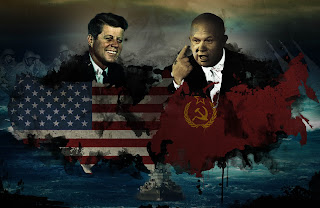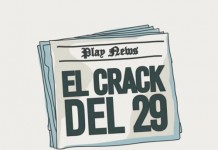Here you have
your new online task of the term! In groups, you have to create a case study
activity about the primary sector. You can choose ONE of the following topics
(Each one has some helpful links for stating, but you can find out your own
online resources):
Option A. Vineyard
cultivation in France (Global
production, plantation’s
needs and map)
Option B. Cocoa cultivation
in Ghana (Sustanaible
Cocoa farming and Ghana
business news)
Option C. Is there a butter crisis in France? (BBC explanation and Solution from Asturias)
Option D. Tulip flowers cultivation in India (Plantation’s needs and Kashmiri case)
Option E. Cheese production in Asturias (Food & Drink sector, varieties and 2015 production)
Option D. Tulip flowers cultivation in India (Plantation’s needs and Kashmiri case)
Option E. Cheese production in Asturias (Food & Drink sector, varieties and 2015 production)
Remember that the best one will be selected to be part
of this term exam (with a maximum value of 2 points) J Your activity MUST include:
- One question
about vocabulary (0’25 points)
- Two short questions for
working with maps, photos or diagrams (0’25 each)
- One question
about description of maps or photos (0’25 points)
- One question
about “suggestions” or “personal opinion” (0’5 points)
- One question
“From a named country…” (0’5 points). Here you have also to include a link to a
possible answer or example.
Obviously, you
HAVE TO include also visual resources (maps, diagrams or photos) that will
allowed to solve the questions.
When finish, send
it as a attached file to blogeducativo08@gmail.com.
This activity is mandatory and you will receive a mark for it. In case you fail
to finish it, do it out of date (21 January) or just copy, the score will be 0.
Ready? Let’s go! J

























